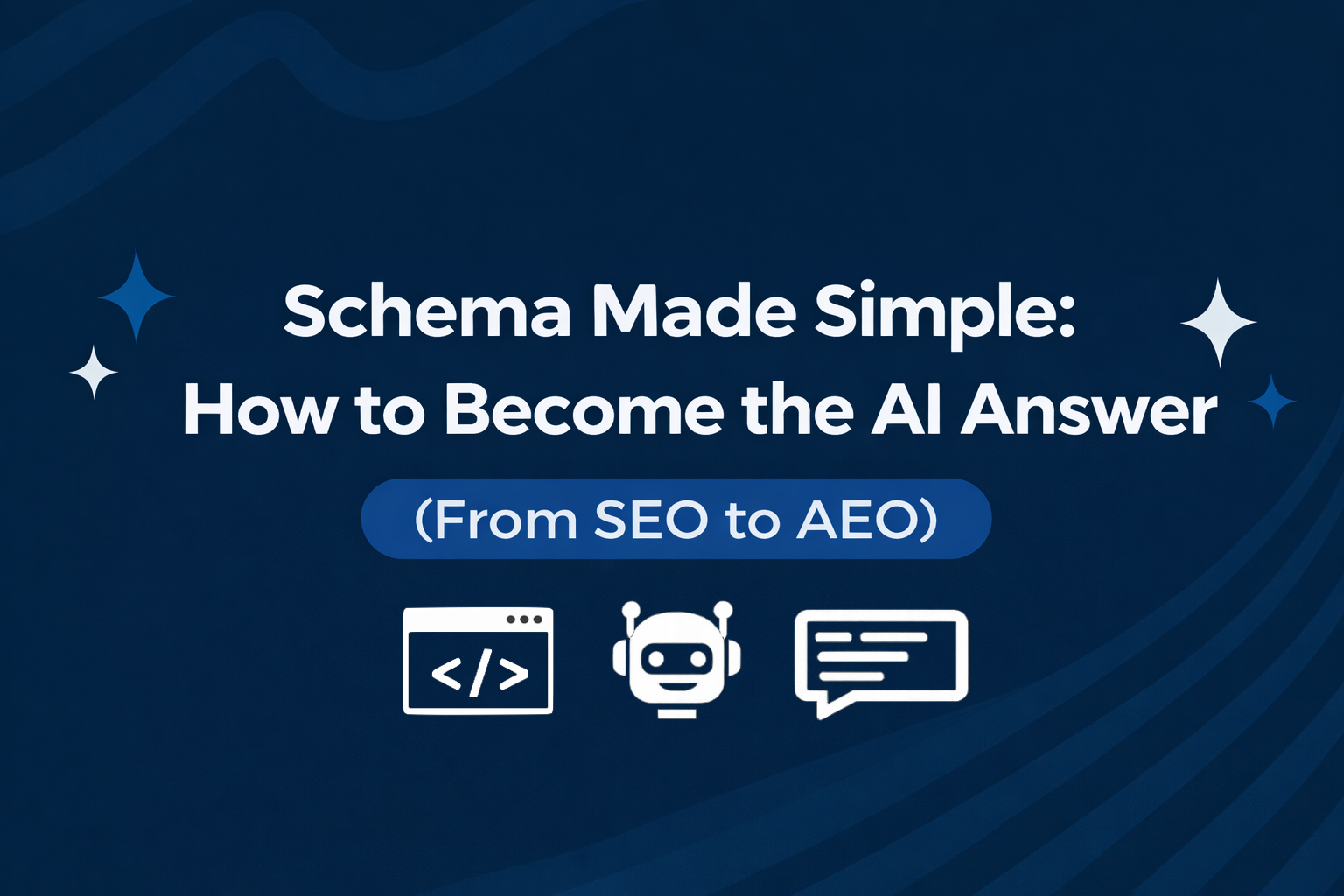For the last ten years, operational changes – for better or worse – have been enormous in the healthcare industry. Couple that with the constant evolution of technology, and you have a virtual cacophony of marketing challenges. Whether you’re a corporate medical organization, regional healthcare center, or private medical clinic, your marketing manager must be able to adapt quickly to meet the demands of more savvy, Internet-dependent patients.
Related Blog: 10 SEO Mistakes to Avoid During Your Website Redesign in 2016
“Ask Your Doctor About . . .”
Pharmaceutical companies have issued a barrage of advertising campaigns directed – not to you, their buyer – to your patients. They are pitching their products to anyone who reads magazines, watches television, or uses social media. The FDA says that Direct-to-Consumer advertising has had several positive impacts. Patients ask more informed questions and learn more about their treatment; they become more proactive about their health care. However, there are some disadvantages:
- Pharmaceutical ads do not adequately convey the risks associated with certain drugs.
- Physicians feel pressured to prescribe medication that patients have read about on the internet, and to request the name-brand instead of generic.
Internet First, Physician Last
The good news is, the Internet is now the primary provider for healthcare information. Most people don't want “bother” their doctor with initial questions, but researching the Internet is easy and private. The bad news is, some patients gain just enough knowledge to be dangerous. Even worse, that information is often not from reliable, credible sources and may offer no substantial reference data to back the website’s claim to knowledge about specific illness and treatment options.
The Marketing Strategy Today
Let’s face it, members of the healthcare industry are competing with each other more than ever. If you want potential patients to discover your website, you need to create educational content on your website. This content includes a blog that educates both your potential patients and Google through its use of industry and practice specific keywords. While of course, you should never overuse keywords -- as this may lead to confusing content -- adding keywords to your specific medical content will make it easier for potential patients to find your website as it will begin to rank higher on search engines like Google.
Inbound Marketing – Are You ‘Shooting Darts in the Dark?’
It’s not guesswork. If you want to expand your client base from online sources, you need to learn about and implement an inbound marketing strategy. It’s a proven customer-oriented approach that supports your customers through every stage of their Buyer's Journey; from attention and interest to fulfillment.
Not sure if inbound marketing is a good fit for your medical company? Read our Case Study.




.png)
